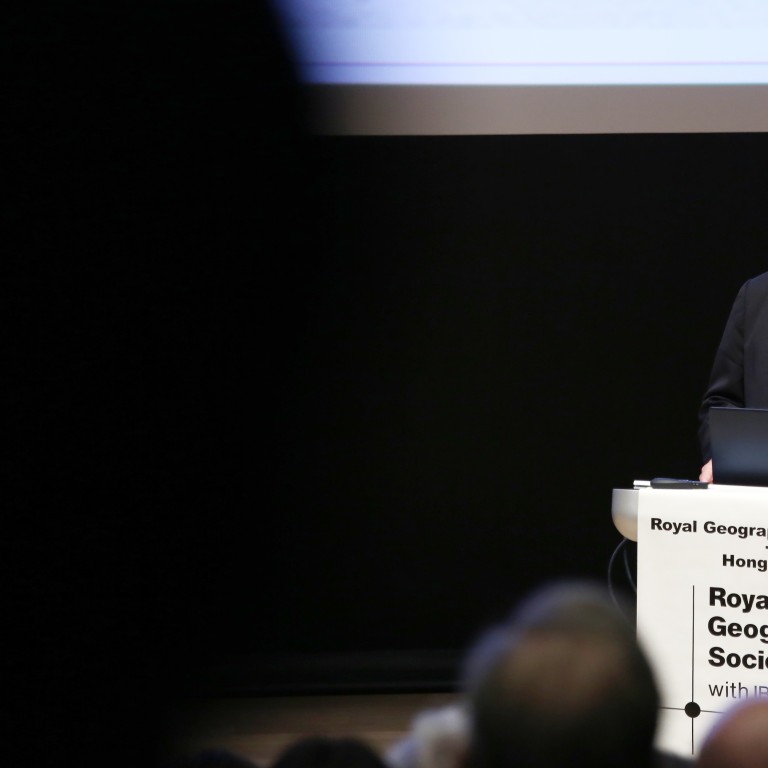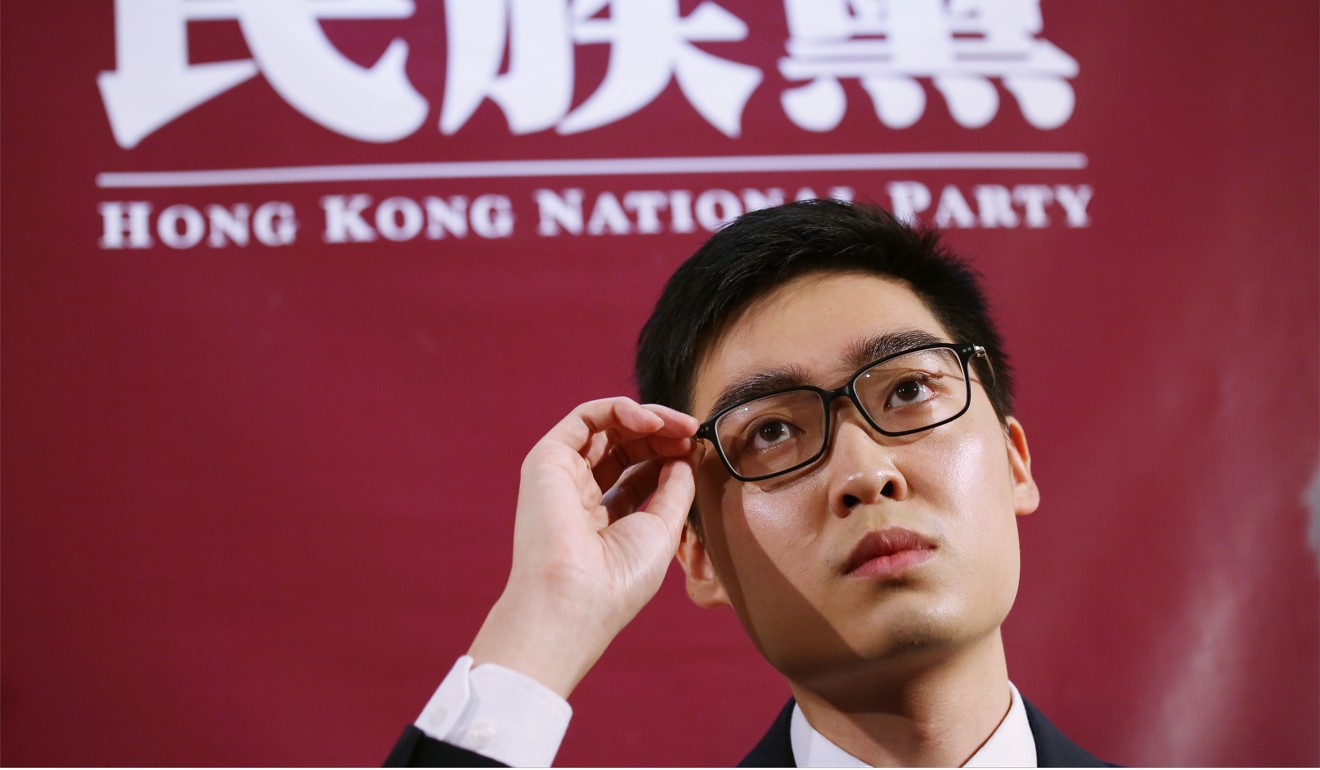
Washington points to Hong Kong National Party ban and disqualification of pro-democracy lawmakers as cause for concern in latest human rights report
- US State Department says incidents are evidence of ‘substantial interference’ in city’s freedom
- Report also notes the limiting of free speech in the ‘political arena’
Hong Kong’s ban on a separatist party is just one in a series of events which constitute “substantial interference” in the city’s freedom, the United States has said in its latest human rights report.
The State Department cited in the report, released on Wednesday, the unprecedented banning of the Hong Kong National Party (HKNP), and the subsequent expulsion of a veteran British journalist who hosted the party’s founder at a talk, as examples of how the city’s freedoms of association and political participation had been restricted.
“During the year … some [Hong Kong] and central government actions restricted or sought to restrict the right to express or report on dissenting political views, particularly support for Hong Kong independence,” the 2018 report said, although it acknowledged that the Hong Kong government did generally respect freedom of expression.

Washington called Beijing’s encroachment on the city’s autonomy the “most important” and “most significant” human rights issues of 2016 and 2017 respectively.
US calls China one of the worst regimes for human rights in 2018
But in the 2018 report it pointed to the substantial interference with the right of peaceful assembly and freedom of association, restrictions on political participation, and human trafficking.
The State Department also cited the disqualification of lawmakers over the oath-taking saga, and the election bans imposed on candidates over their political stance, as limiting “free speech in the political arena”.
It noted the disqualifications came after an interpretation of the Basic Law by China’s top legislative body.
However, it said the judiciary was independent and impartial when it came to civil matters or lawsuits seeking damages for human rights violations.
Other issues mentioned included the prosecution of nine 2014 Occupy protest leaders, who will learn their fate next month, and the libel suits launched by former city leader Leung Chun-ying against scholar Chung Kim-wah and online media outlet Stand News.
A Hong Kong government spokesman rejected the criticism, and said foreign governments should not interfere in the city’s internal affairs.
“Human rights and freedom in Hong Kong are fully protected by the Basic Law, the Hong Kong Bill of Rights Ordinance and other relevant legislation,” the spokesman said, adding that the government was “determined to safeguard them”.

